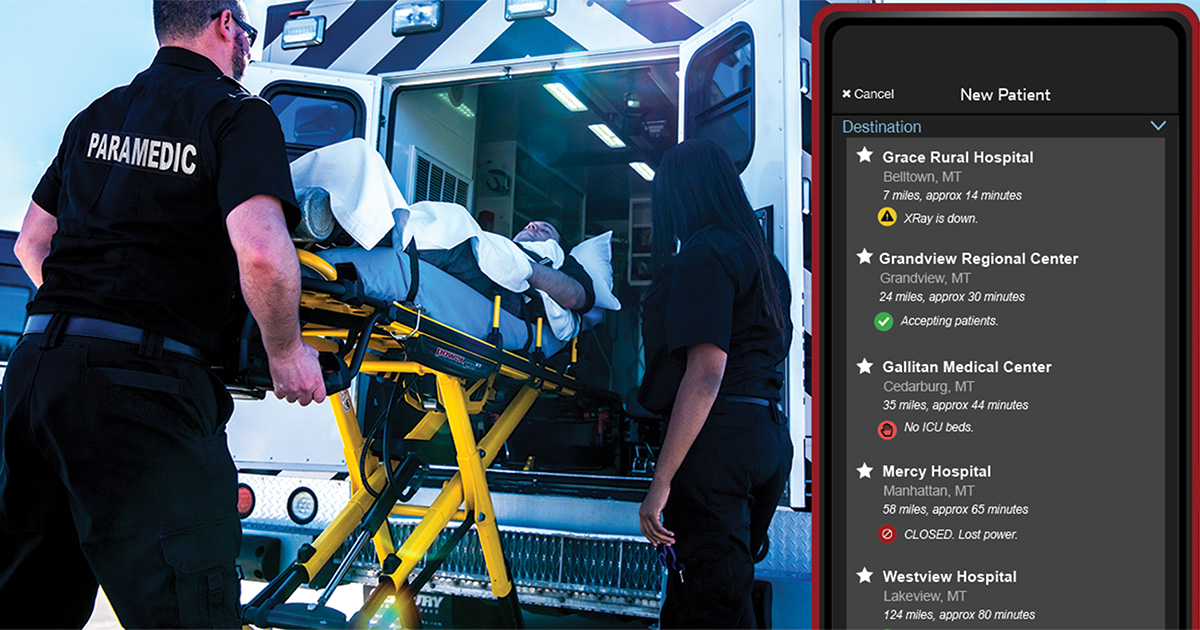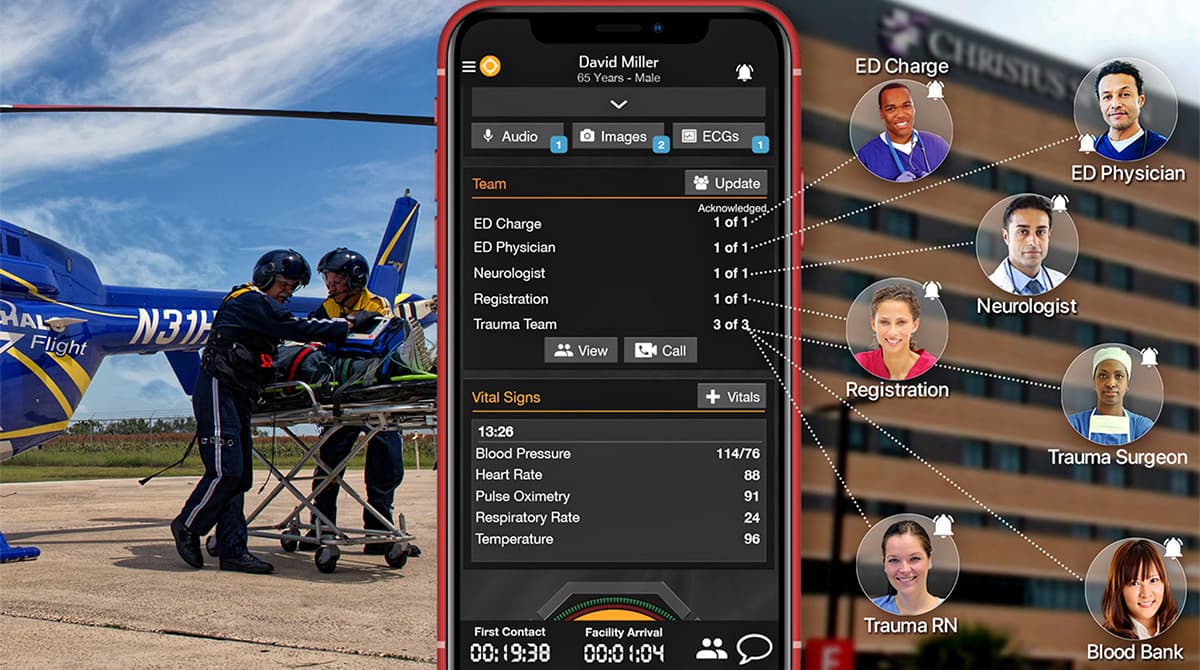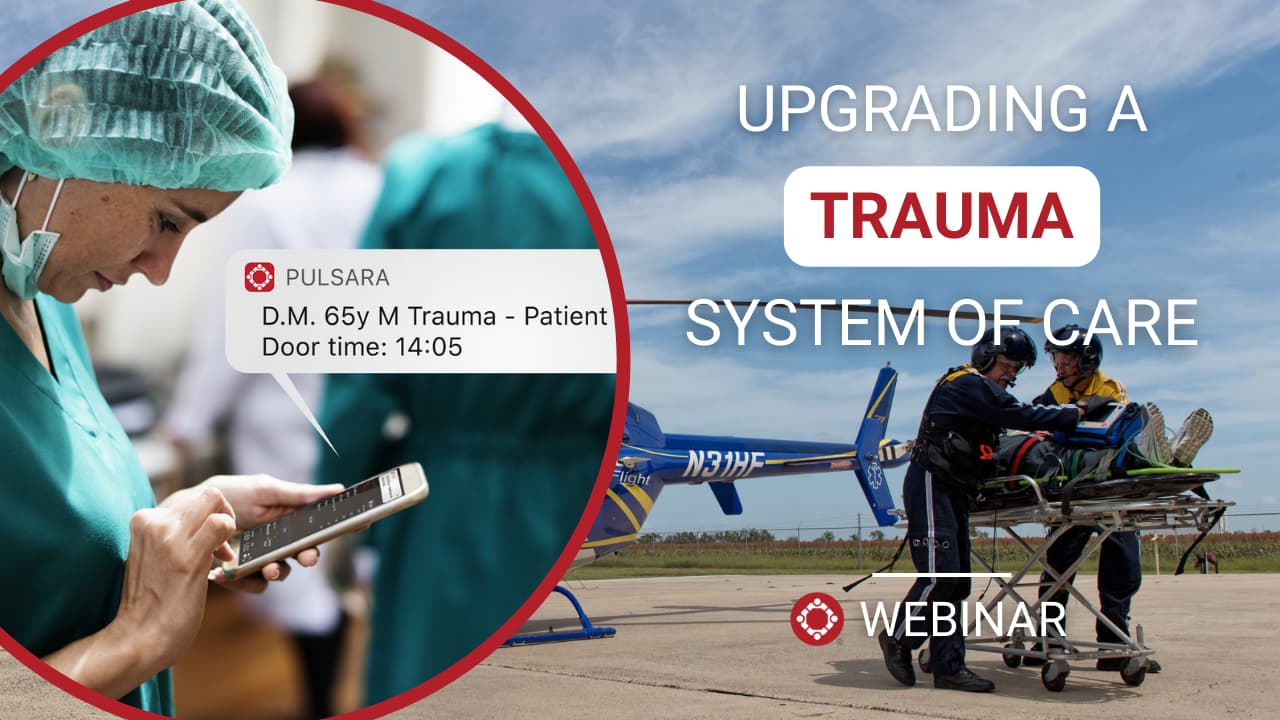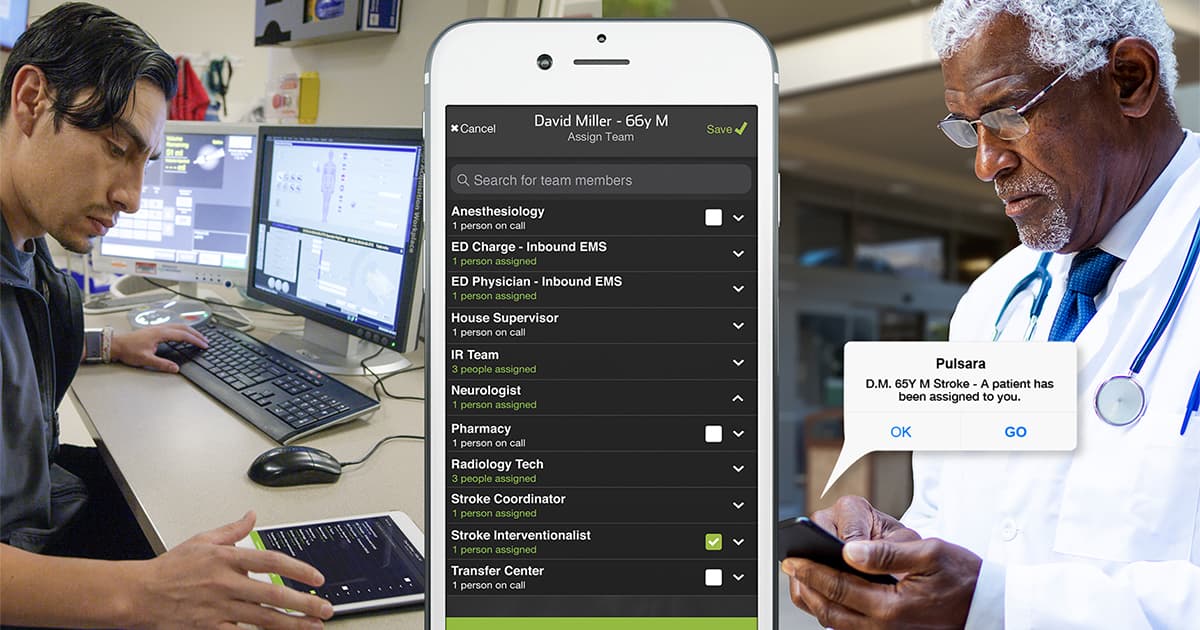5 min read
10 Ways Pulsara Helps During Time-Sensitive Emergencies
Time-sensitive emergencies are demanding events. Rapid response, coordinated teams, and extensive resources are crucial for patients whose conditions deteriorate quickly. Whether it's a STEMI,...





